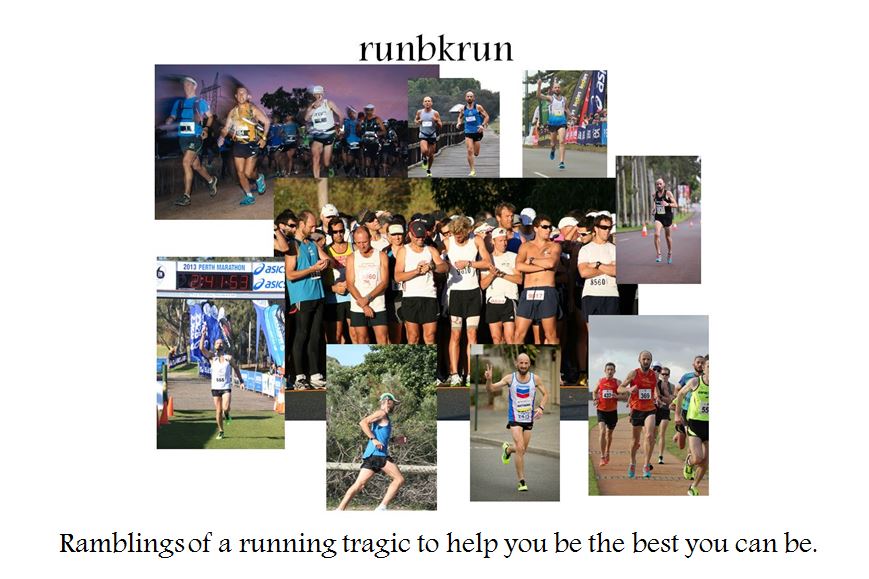A day off running pre-race tomorrow, unlikely.
As I’m racing tomorrow there was no early morning run this morning. I am now wondering around lost. I have persuaded my Wife to get up early so we can drive to Yelo for a coffee and muffin breakfast (carbo loading for a 10k?) and after that I will return to my ‘lost’ state.
I’m a runner who loves to run and hates not running. Even now i’m making excuses for reasons why running today would be a good idea, not twice as that would be silly wouldn’t it? So my reasoning behind a run would be to loosen the legs (they aren’t tight), it’s not really a target race tomorrow (that is actually true, tomorrow is really a good hit-out pre-half next weekend) or get rid of some pre-race nerves (I ain’t nervous) . No luck there, let’s face it the reason I want to run is I love running, plain and simple.
Tapering for my next marathon will be a challenge. The last one I ran 100k the week before and called that tapering as I was averaging 130k a week. I’m normally ok on marathon week as even I understand the need to rest. I normally only run twice in the week before a marathon and actually enjoy the calm before the storm, but for a 10k tomorrow, hell I should be running now not typing.
So will probably sneak out for a ‘relaxing’ 10k sometime today, c’mon you’d be mad not too wouldn’t you…..
A quick article on tapering below by Pete Pfitzinger, M.S. suggests a 7-10 day taper for a 10k, I’m thinking 7-10 hours.
Most performance oriented runners will do pretty much what they’re told in training. Run 8 x 800 meters at the track? Sure. Do a 40-minute tempo run? No problem. It’s when we’re instructed to scale back, run less and conserve our energies, that we balk.
Training provides long-term fitness improvements but produces short-term fatigue. Leading up to an important race, the challenge is to find the optimal balance between maintaining the best possible racing fitness and resting to reduce the fatigue of training. This is referred to as a well-planned taper.
To achieve your best when it counts, you can only afford to do a full taper before a few key races each year. If you race often and were to taper thoroughly for each race, you would have little time left for hard training. So you learn to “train through” some races. But for the big ones, you will want to go all out to achieve your best.
A recent paper published in the International Journal of Sports Medicine reviewed more than 50 scientific studies on tapering to find out whether tapering betters performance, and how to go about it. The review showed that there is no question tapering works. Most studies found an improvement of about 3% when athletes reduced their training before competition. This translates to more than five minutes for a three-hour marathoner or more than a minute for those racing 10K in 40 minutes.
How Long Should You Taper?
Several of the studies concluded that the optimal length of taper is from seven days to three weeks, depending on the distance of the race and how hard you’ve trained. Too short a taper will leave you tired on race day, while tapering for too long will lead to a loss of fitness. How do you find the right balance? Consider than any one workout can give you far less than a 1% improvement in fitness, but a well-designed taper can provide a much larger improvement in race performance. Therefore, it is probably wiser to err on the side of tapering too much than not enough. The optimal number of days to taper for the most popular race distances are as follows: marathon, 19 to 22 days; 15K to 30K, 11 to 14 days; 5K to 10K, 7 to 10 days.
About The Author
bigkevmatthews@gmail.com
A running tragic.
Related Posts
Running in a furnace for a great cause. 24 Park Runs in 24 hours.
On Saturday I ran the 24 Park Runs in 24 hours in Perth for the…
Distance is the key to running success… simples.
Over the Christmas break and into 2024 I have been putting in some serious trail…
